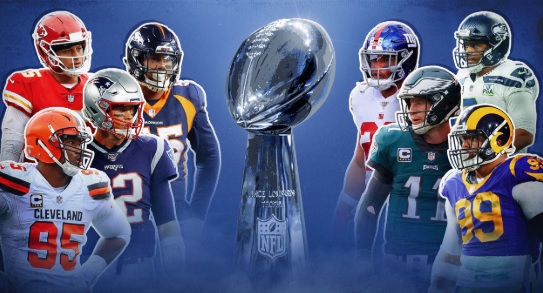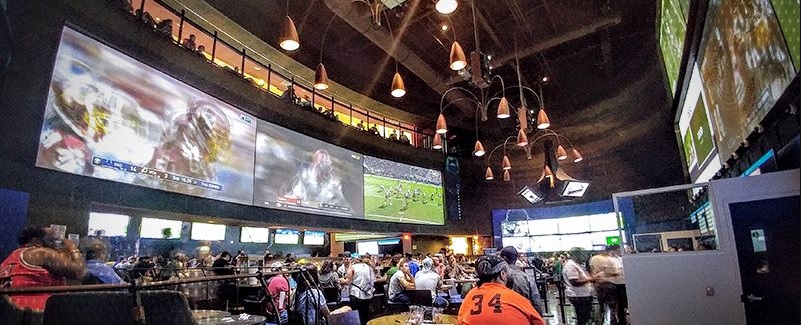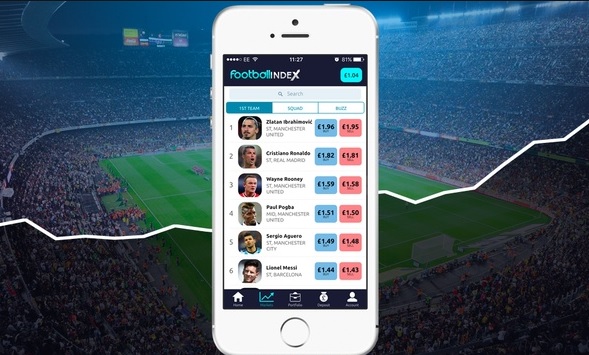Millions of people have gotten into sports betting over the past few years. For many of us, a big early win drew us in. At first, it may seem like sports betting is easy. Then, over time, frustration sets in, and we wonder why we were better at the start. Just me? Maybe. But if you’ve found yourself in a similar situation, let’s walk through some of the most common mistakes that beginner to intermediate sports bettors make.
Overlooking the Importance of Odds
One mistake that may seem minor, especially to those betting smaller amounts, is ignoring the odds. The difference between -110 and -105 might not seem like much, but over time, it adds up. Sportsbooks know that most bettors won’t pay close attention to small changes in odds. Just last week, during the NFL conference championship games, I noticed my sportsbook taking an extra 3% house edge on every player prop. Fortunately, the sports betting market is competitive. Instead of accepting the first odds you see, check out the lines across multiple betting apps. Paying close attention to the odds is the first step in improving your long-term success.
Relying Too Heavily on Parlays
Perhaps the most common mistake in sports betting is overusing parlays. Recent reports show that sportsbooks have an expected 20% win margin on parlays, compared to just 5% on straight bets. Many bettors justify parlays with the idea that hitting one big win will cover their losses. While there are stories of life-changing payouts from long-shot parlays, those wins are extremely rare. Even professional sports bettors only win just 55-60% of their straight bets. If the best in the world hover around that number, what makes the average bettor think they can hit all 12 legs on a bet slip?
That’s not to say parlays should be avoided entirely. They’re fun and offer a low-risk, high-reward appeal. However, trimming down the number of legs can make for a more realistic chance of success.
Betting Too Many Heavy Favorites
For those who primarily place straight bets, another common mistake is relying too much on heavy favorites. A -500 moneyline might look like an easy win, and most of the time, it will be. But upsets happen all the time. Odds are just projections—advanced ones, yes, but never guarantees.
For example, say a bettor places $500 on -500 odds, expecting an easy $100 profit. It may work once or twice, but if they lose just one of those bets, they’re suddenly down $300 overall. Betting favorites can be a solid strategy, but there’s no such thing as a “lock” in sports betting.
Chasing Losses
This last mistake applies to all forms of gambling but is especially common in sports betting, chasing losses. I can’t count how many times I’ve lost all my parlays on NFL Sunday and thought I could break even with one straight bet on Sunday Night Football. This leads to betting more than your average units, which is a slippery slope.
It’s been proven that the Martingale strategy (doubling your bet after a loss) is not a sustainable approach in any form of gambling. Trying to “win it all back” often leads to bigger losses. Sticking to your bankroll and betting within your means is key to long-term success.
Final Thoughts
No article on betting tips, or in this case mistakes, will turn you into an expert overnight. However, keeping these universal faults in mind can help you become a more mindful sports bettor. In summary: check your odds, limit parlays, don’t believe in “locks,” and always bet responsibly.
By: Jake Koehler




















